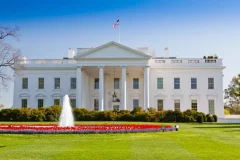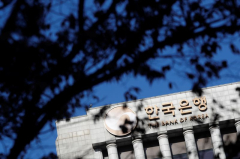With reports suggesting that the U.S. government is close to announcing a deal to keep TikTok in operation the U.S., it’s worth noting the finer details of the proposed plan, which would see TikTok’s algorithm, in America at least, fall under the control of U.S. government-approved entities.
Under the proposal, as it currently stands, a new TikTok U.S. group would be formed to oversee the management of the platform in the U.S. The new group, which would be run by a board of seven U.S. government-approved members, would make calls on how the app is run, how it’s moderated, what content rules apply, etc.
The U.S. group would not control the TikTok algorithm, as such, but rather TikTok U.S. will “lease” the algorithm code from the app’s Chinese owners, which will ensure continuity of service for the app, but will mean less control for the U.S. group.
This has been a key point of contention in negotiations over the app. Part of the concern around TikTok is that the Chinese government, with its draconian laws around local businesses, has significant sway in how TikTok’s algorithm is managed, and what’s displayed to users in the app.
Indeed, in China, the Chinese version of the app (called “Douyin”) serves in-app trends that are essentially dictated by the CCP, in order to ensure that more positive, educational content is amplified, while less desirable, less legal behaviors are suppressed in its ranking.
The logic then follows that the CCP would also implement similar controls over the U.S. version of the app, and there’s long been speculation that Chinese officials could use this power to seed pro-China stories, while also censoring anti-China narratives.
There’s limited evidence to suggest that Chinese officials have done either, though some investigations have seemingly demonstrated a clear level of influence in this respect.
But because the TikTok algorithm is so personalized, it’s difficult to ascertain the full impact of such efforts, which is part of the reason why U.S. cybersecurity officials have pushed for the app to be sold into U.S. ownership, or banned entirely.
It’s algorithm, in this respect, is a key element of that deal. Yet now, it seems that the U.S. government is conceding that it cannot control this aspect, and will instead yield to Chinese government demands that it maintain control over the platform’s ranking systems, which could include interference in such trends.
So, in theory at least, the Chinese government may be so dedicated to maintaining control over TikTok’s algorith





